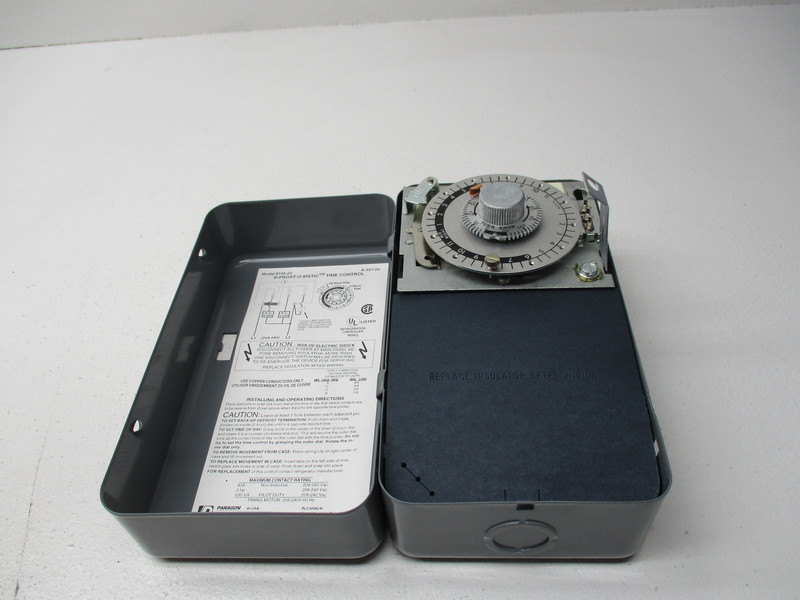

I decided to download iDefrag and take a look to see what my fragmentation situation looked like.įile fragmentation wasn't too bad, as expected, but 98.3% free space fragmentation is absolutely horrible and would have a definite, measurable impact on performance, particularly when it comes to swap usage. Rebooted a couple times and there was a marginal speed gain, but nothing impressive. So I went ahead and ran Onyx, let it clean caches, run maintenance scripts and rebuild my Spotlight index. I haven't gotten around to installing Leopard on the test partition yet, but I was curious to see if there was an actual performance loss on this system or if I was just imagining one. So in the meantime, I got an extra HD that I'm using with SuperDuper! for backing up my main Tiger installation and for testing Leopard before I migrate my main system over. I've been eager to migrate to Leopard, but a couple key applications and workflow utilities I need still haven't been ported. I've read a lot of reviews of Leopard saying how much "Snappier" it was than Tiger, which got me thinking again about the performance of my own system. For a while I have been thinking that it felt slower than when I first bought it, but I chalked that up to getting past the honeymoon phase of having a new machine.

I've never reinstalled OS X on this system. It was one of the first ones to ship when the Intel Macs first debuted. bakshi mentioned disk fragmentation as one possible culprit and ManxStef suggested iDefrag as a possible solution. A few suggestions were rebuilding the Spotlight index, running Onyx to clean caches and run maintenance scripts, uninstalling 3rd party add-ons, etc.
#Idefrag not showing external paragoin install
A few weeks ago, hux posted this thread asking for possible explanations for and solutions to an OS X install slowing down over time.


 0 kommentar(er)
0 kommentar(er)
